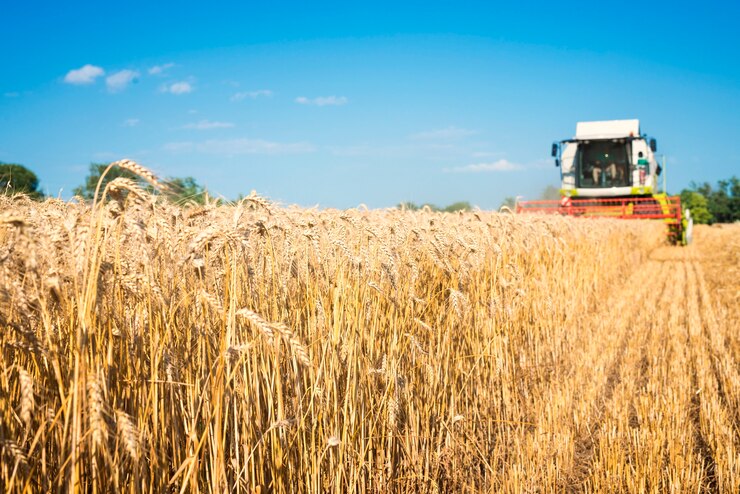As agriculture evolves, so too do the tools and technologies that enable farmers to grow their operations sustainably and efficiently. Scaling a farming operation requires a careful balance of innovation, cost management, and strategic planning. By adopting more efficient tools and practices, farmers can maximize their yields, reduce labor costs, and ensure long-term profitability. Here are some key strategies to help scale your farming operation using efficient tools.
1. Invest in Precision Agriculture Technology
Precision agriculture tools, such as GPS-guided tractors, drone technology, and soil sensors, enable farmers to make data-driven decisions. These tools allow for:
- Optimized resource use: Applying fertilizers, pesticides, and water only where and when needed.
- Improved yield predictions: Analyzing crop health and soil conditions in real-time.
- Reduced waste: Minimizing overuse of inputs and ensuring environmental sustainability.
By integrating precision tools, you can scale operations with less margin for error and greater efficiency.
2. Upgrade to Modern Machinery
Outdated equipment can be a bottleneck to scaling. Consider upgrading to:
- High-capacity harvesters: Modern combines and harvesters can process larger fields faster, saving time during critical harvest periods.
- Multi-functional tractors: These machines can handle various tasks with interchangeable attachments, reducing the need for multiple pieces of equipment.
- Automated irrigation systems: These systems reduce manual labor and ensure consistent watering across larger fields.
While the upfront costs may be significant, the long-term gains in productivity and labor savings often justify the investment.
3. Adopt Farm Management Software
Farm management software provides a centralized platform to monitor and control operations. Features typically include:
- Field mapping: Track crop rotation, planting schedules, and soil health.
- Inventory management: Monitor stock levels of seeds, fertilizers, and other inputs.
- Financial tracking: Analyze costs, profits, and return on investment for different crops.
Such tools streamline operations, making it easier to manage a growing farm efficiently.
4. Utilize Renewable Energy Solutions
Scaling operations often means higher energy demands. Renewable energy sources, such as solar panels and wind turbines, can offset these costs. Solar-powered irrigation systems and energy-efficient grain dryers, for example, are not only environmentally friendly but also reduce operational expenses in the long run.
5. Leverage Labor-Saving Innovations
Labor shortages and rising wages can hinder scaling efforts. Consider tools and systems that reduce dependency on manual labor, such as:
- Robotic milking systems: Ideal for scaling dairy farms.
- Automated planters and seeders: Ensure consistent planting across large areas.
- Weed and pest control robots: Target weeds and pests with precision, reducing chemical use and labor.
These tools free up time and resources to focus on strategic aspects of your operation.
6. Explore Collaborative Equipment Sharing
For smaller farms looking to scale without breaking the bank, equipment sharing is a viable option. Cooperatives or peer-to-peer platforms allow farmers to share the cost of expensive machinery, ensuring access to high-quality tools without the full financial burden.
7. Stay Informed and Adapt
Agricultural technology is evolving rapidly. Attending trade shows, joining farming networks, and subscribing to industry publications can keep you informed about the latest tools and trends. Staying ahead of the curve ensures your operation remains competitive as you scale.
Scaling your farming operation doesn’t have to be daunting. By investing in efficient tools and technologies, you can optimize your processes, improve yields, and reduce costs. Whether it’s adopting precision agriculture, upgrading machinery, or leveraging renewable energy, each step you take toward efficiency is a step toward a more profitable and sustainable future. Start small, plan strategically, and watch your operation thrive.
Join 'Farmers Mag' WhatsApp Channel
Get the latest Farming news and tips delivered straight to your WhatsApp
CLICK HERE TO JOIN






